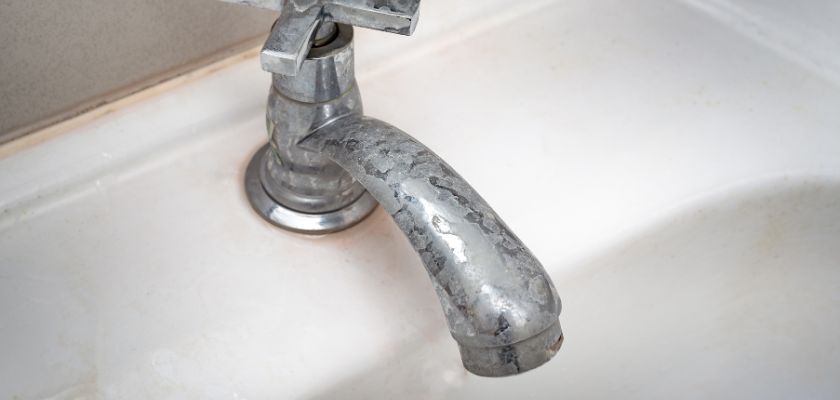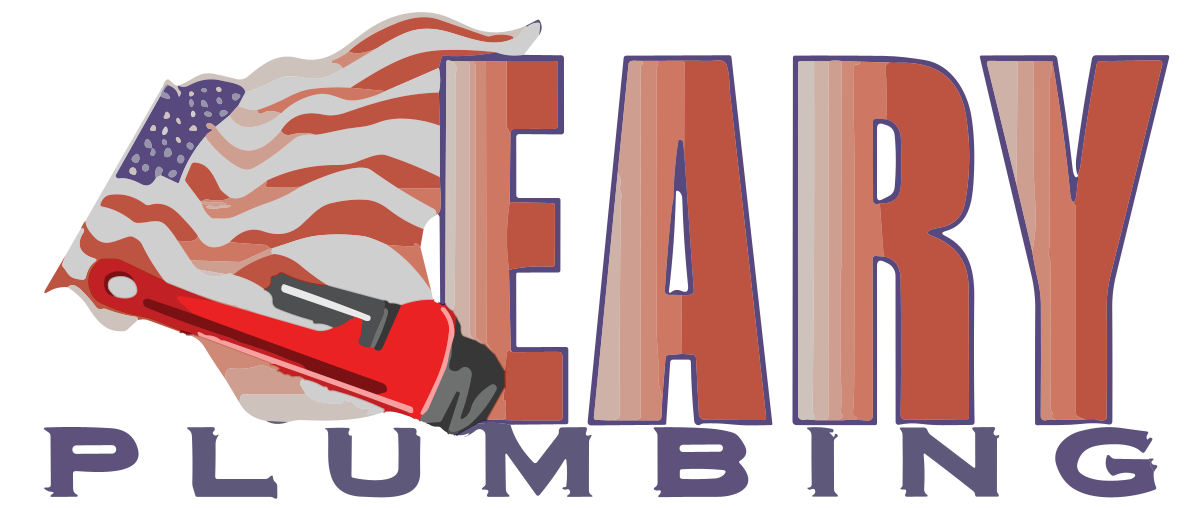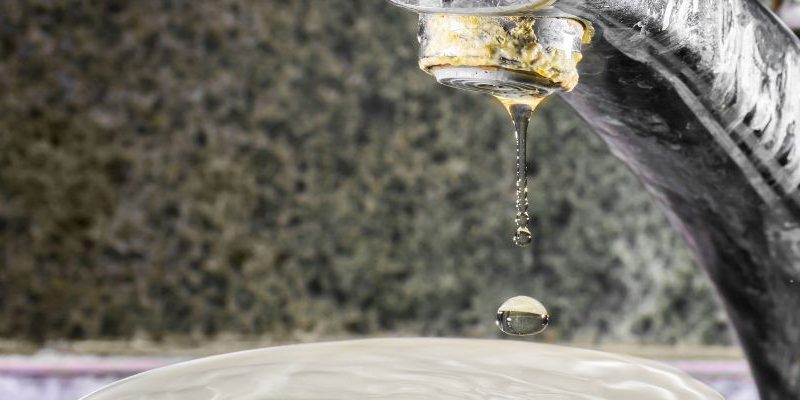Hard water can have a significant impact on your home’s plumbing, particularly on fixtures such as your toilet. Understanding how hard water affects your toilet and knowing how to prevent damage can help you maintain its functionality and extend its lifespan. In this article, we will explore the effects of hard water on toilets, provide tips for mitigating damage, and discuss the importance of professional toilet installation and repair in Nocatee, FL.
Table Of Contents
Understanding Hard Water and Its Effects

To effectively manage the impact of hard water on your toilet, it’s crucial to understand what hard water is and how it affects plumbing fixtures.
What is Hard Water?
Definition and Composition
Hard water is water that contains high levels of dissolved minerals, primarily calcium and magnesium. These minerals can accumulate in pipes and fixtures over time, leading to various plumbing issues. The degree of hardness varies depending on the source of the water and the local geology.
How Hard Water Affects Plumbing
When hard water passes through plumbing fixtures, it leaves behind mineral deposits, commonly known as limescale. This buildup can clog pipes, reduce water flow, and affect the performance of your toilet. Over time, these deposits can lead to more severe issues, including costly repairs and replacements.
Effects on Your Toilet
Mineral Deposits and Stains
Mineral deposits from hard water can cause unsightly stains and buildup in your toilet bowl. These deposits are often visible as a white, chalky residue around the rim and in the bowl. Regular cleaning can help manage these stains, but persistent deposits can be challenging to remove without professional assistance.
Reduced Efficiency and Functionality
Hard water can also impact the efficiency of your toilet. The buildup of mineral deposits can interfere with the flushing mechanism, leading to poor performance and frequent clogs. Over time, this can cause your toilet to function less effectively, requiring more frequent repairs and maintenance.
Preventing Damage from Hard Water
Taking proactive steps can help you mitigate the damage caused by hard water and maintain the performance of your toilet.
Installing a Water Softener
Benefits of Water Softeners
One effective way to prevent damage from hard water is to install a water softener. Water softeners work by removing the calcium and magnesium ions from the water, replacing them with sodium ions. This process reduces the hardness of the water, helping to prevent mineral buildup in your plumbing fixtures and improving the overall efficiency of your toilet.
Choosing the Right Water Softener
When selecting a water softener, consider factors such as the size of your home, water usage, and the level of hardness in your water supply. Consulting with a professional can help you choose the right system for your needs and ensure it is properly installed.
Regular Maintenance and Cleaning
Importance of Routine Cleaning
Regular maintenance and cleaning can help manage the effects of hard water on your toilet. Use cleaning products designed to remove limescale and mineral deposits. Be sure to clean the toilet bowl and other affected areas regularly to prevent the buildup of deposits and maintain the appearance and functionality of your toilet.
Professional Inspections
Scheduling periodic inspections with a plumbing professional can help identify and address issues related to hard water before they become major problems. A professional can provide expert advice on maintenance and recommend solutions to prevent damage from hard water.
Addressing Existing Damage
When to Consider Toilet Replacement
If hard water has already caused significant damage to your toilet, it may be time to consider a toilet replacement. Persistent issues such as frequent clogs, reduced flushing efficiency, and severe mineral buildup can indicate that a replacement is necessary. A new toilet can provide improved performance and reduce the likelihood of future problems.
Professional Toilet Installation and Repair in Nocatee, FL
For homeowners experiencing issues with hard water, seeking professional toilet installation and repair in Nocatee, FL can be beneficial. A qualified plumber can assess the condition of your toilet, perform necessary repairs, and install a new unit if needed. Professional services ensure that your toilet is properly installed and functioning efficiently, helping to mitigate the impact of hard water.
Final Wording
Hard water can have a significant impact on your toilet, leading to mineral deposits, stains, and reduced efficiency. By understanding the effects of hard water and taking preventative measures, such as installing a water softener and performing regular maintenance, you can protect your toilet and extend its lifespan. If damage has already occurred, professional services for toilet replacement and toilet installation and repair in Nocatee, FL can provide effective solutions and ensure your toilet remains in optimal condition. Investing in these preventative measures and professional services can save you from costly repairs and help maintain the functionality and appearance of your toilet.
FAQ’s
1. What is hard water and how does it affect my toilet?
Hard water contains high levels of calcium and magnesium. Over time, these minerals build up in your toilet and plumbing, leading to stains, reduced water flow, and decreased efficiency.
2. How can I tell if my toilet is affected by hard water?
Signs include visible mineral deposits around the toilet rim and bowl, frequent clogs, and reduced flushing power. If you notice these issues, hard water may be the cause.
3. What are the best ways to clean hard water stains in my toilet?
Use a mixture of vinegar and baking soda or commercial lime scale removers to clean hard water stains. Scrub the affected areas regularly to prevent buildup.
4. Can a water softener help with hard water problems in my toilet?
Yes, a water softener can help by removing calcium and magnesium from the water, reducing mineral deposits and preventing damage to your toilet and plumbing fixtures.
5. How often should I have my toilet checked for hard water damage?
It’s a good idea to inspect your toilet and plumbing for hard water damage at least once a year. If you notice any issues, consult a professional for advice and potential repairs.







